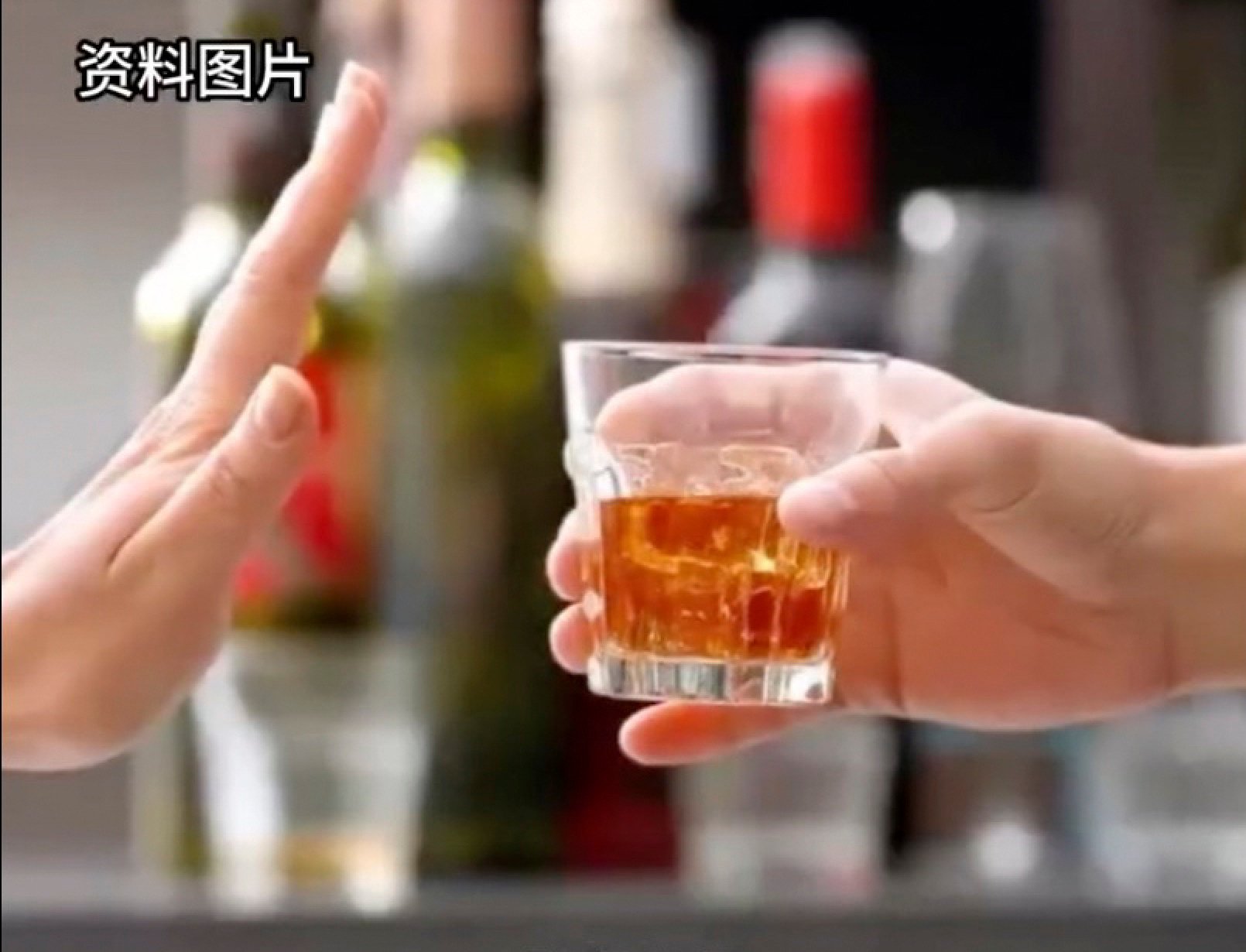A man whose life was almost destroyed by alcohol has become the first person in China to be implanted with a chip to cure his addiction. Experts say the chip, which only takes a few minutes to implant, is expected to combat the craving for a drink for up to five months. — SCMP
A 36-year-old man with an addiction to alcohol has become the first person in China to receive a surgically implanted chip designed to remove his craving for a drink.
The man, surnamed Liu, underwent a five-minute procedure on April 12 at the Hunan Brain Hospital in central China, as part of a clinical trial led by Hao Wei, a former vice-president of the United Nation’s International Narcotics Control Board.
The chip is expected to combat alcohol cravings for up to five months, said Hao – an expert in substance abuse and addiction mechanisms with Central South University’s Second Xiangya Hospital – and his colleagues.
Once implanted, the chip releases naltrexone – a substance commonly used in addiction treatment to prevent relapse – which is absorbed by the body and targets receptors in the brain.
Liu, from Hunan province in central China, has been an alcoholic for 15 years.
After drinking about half a litre of Chinese liquor on an average day, he often became violent.
His daily routine was to drink a bottle of Chinese liquor before breakfast, and continue drinking throughout the day at work and into the evening until he passed out.

“Whenever I didn’t have a bottle on me, I felt very anxious,” he said.
Liu said he hopes he can now enjoy a life free from alcohol, the Xiaoxiang Herald reported.
Naltrexone has replaced disulfiram which was the go-to treatment for alcohol addiction until the late 20th century.
While disulfiram has unpleasant effects – including dizziness, nausea and vomiting – naltrexone is gentler and acts by shutting down the part of the brain which biologically rewards drinking.
A 2018 report by The Lancet medical journal found that China topped the world for alcohol-related deaths. In 2017, there were 650,000 such deaths among men and 59,000 among women, the report said.
Men, aged 45 to 59 years old, were found to be the biggest consumers of alcohol.
In addition to a range of health issues, alcohol contributes to a number of social problems in China, from traffic accidents to domestic violence.
Liu’s addiction, which had become more acute in the past five years, almost destroyed his life and his relationships with those closest to him.
He regularly fought with his parents, who he felt looked down on him. Drinking also put pressure on his relationship with his girlfriend after he became convinced she had cheated on him.
“I’ve tried hard to beat my addiction to alcohol many times but always failed,” Liu said.
Liu’s drinking has dramatically affected his health, to the extent that he has been diagnosed with 24 medical conditions, including encephalography and electrolyte disturbance.

He said he first saw a chance to escape his downward spiral of addiction when he learned that local hospitals had begun clinical trials of implanted chip technology and therapy.
Director of Hunan Second Provincial Central Hospital, Zhou Xuhui, said the chip helps to fight a person’s psychological need for alcohol and it is effective for almost five months.
Zhou said he hopes the technology can help people kick addictions to other drugs.
Liu was initially anxious about getting the implant but said he was surprised at how quick and easy the procedure was.
“It only took five minutes, and then I bid farewell to alcohol,” Liu said.
The story sparked a widespread discussion on mainland social media.
One person said: “Wow, it’s definitely a remarkable innovation.”
“Can it kick an addiction to smoking? I really need it,” said another.
However, despite the extent of China’s alcohol problem, some in nation’s online community questioned whether further regulation is needed for therapies of this kind amid concerns over who has the authority to perform surgeries which aim to influence a person’s behaviour. – South China Morning Post





